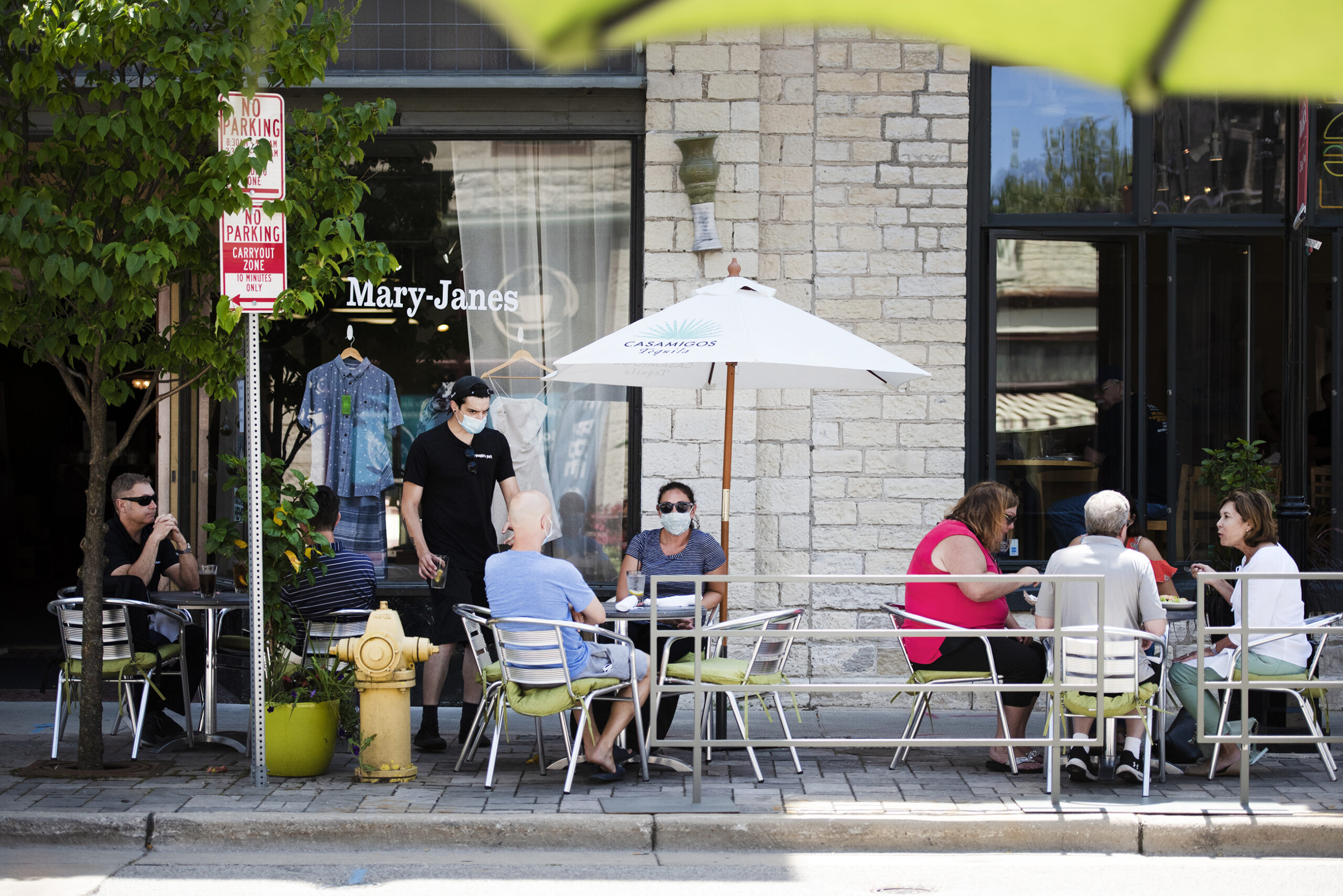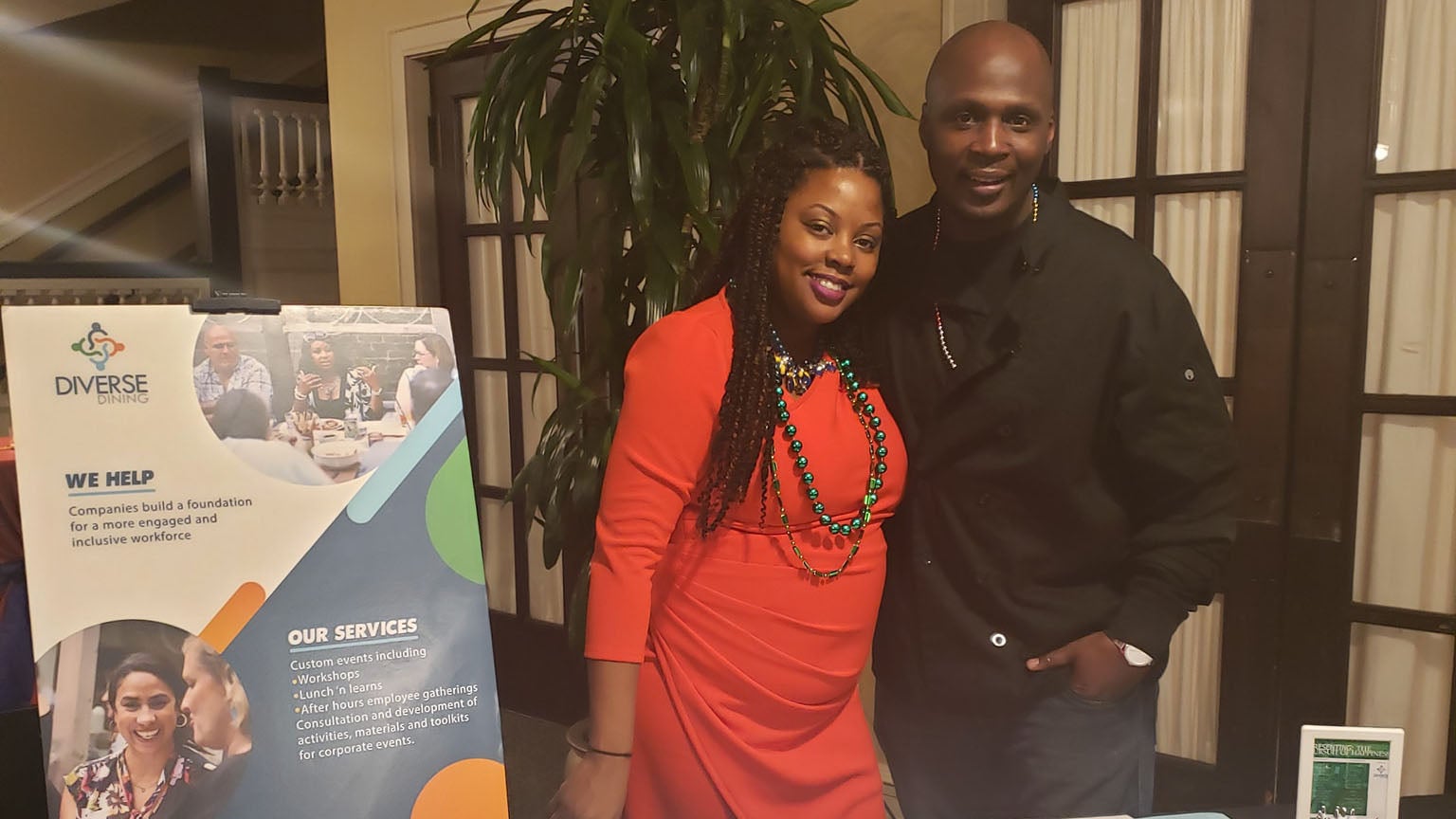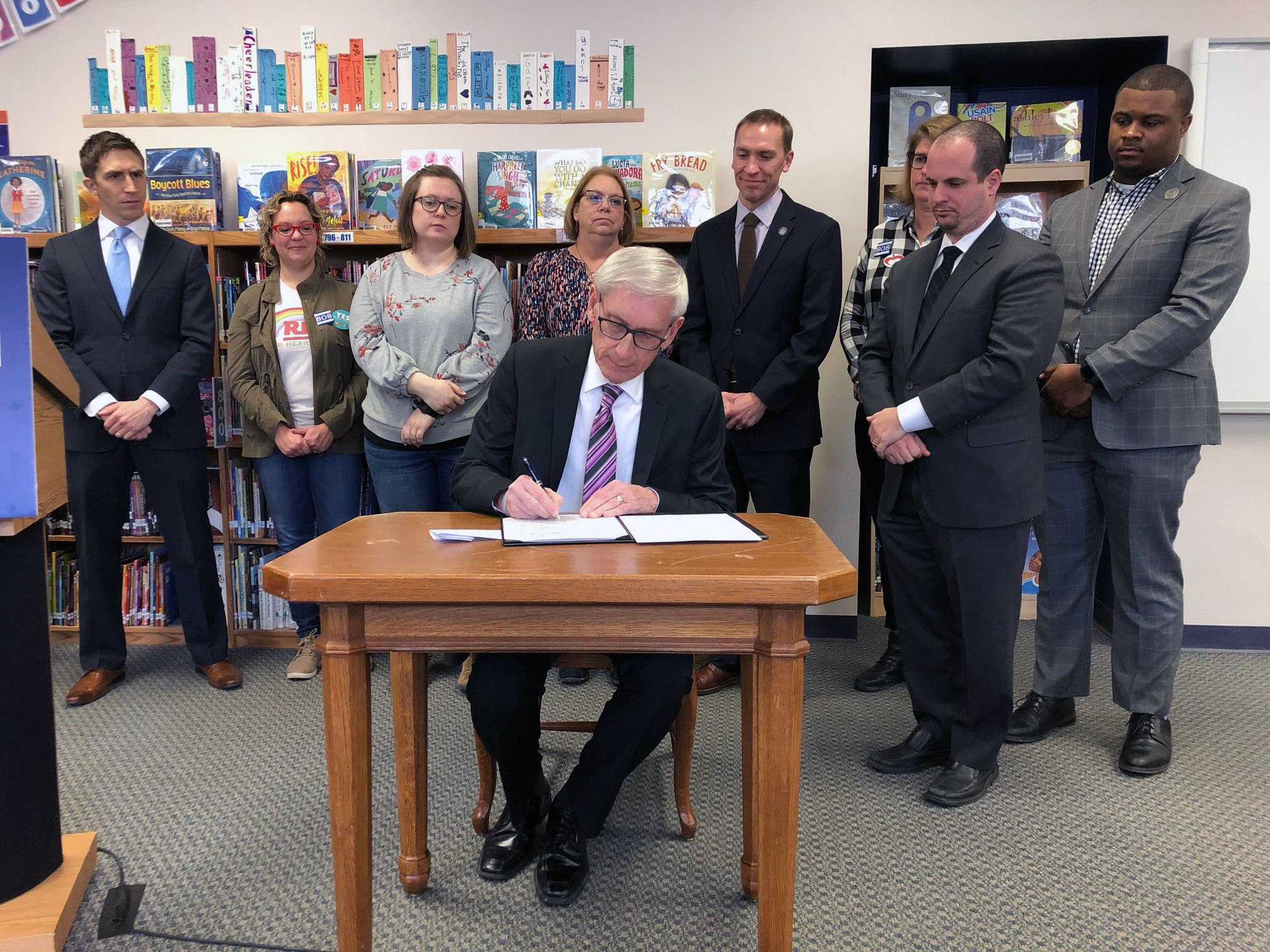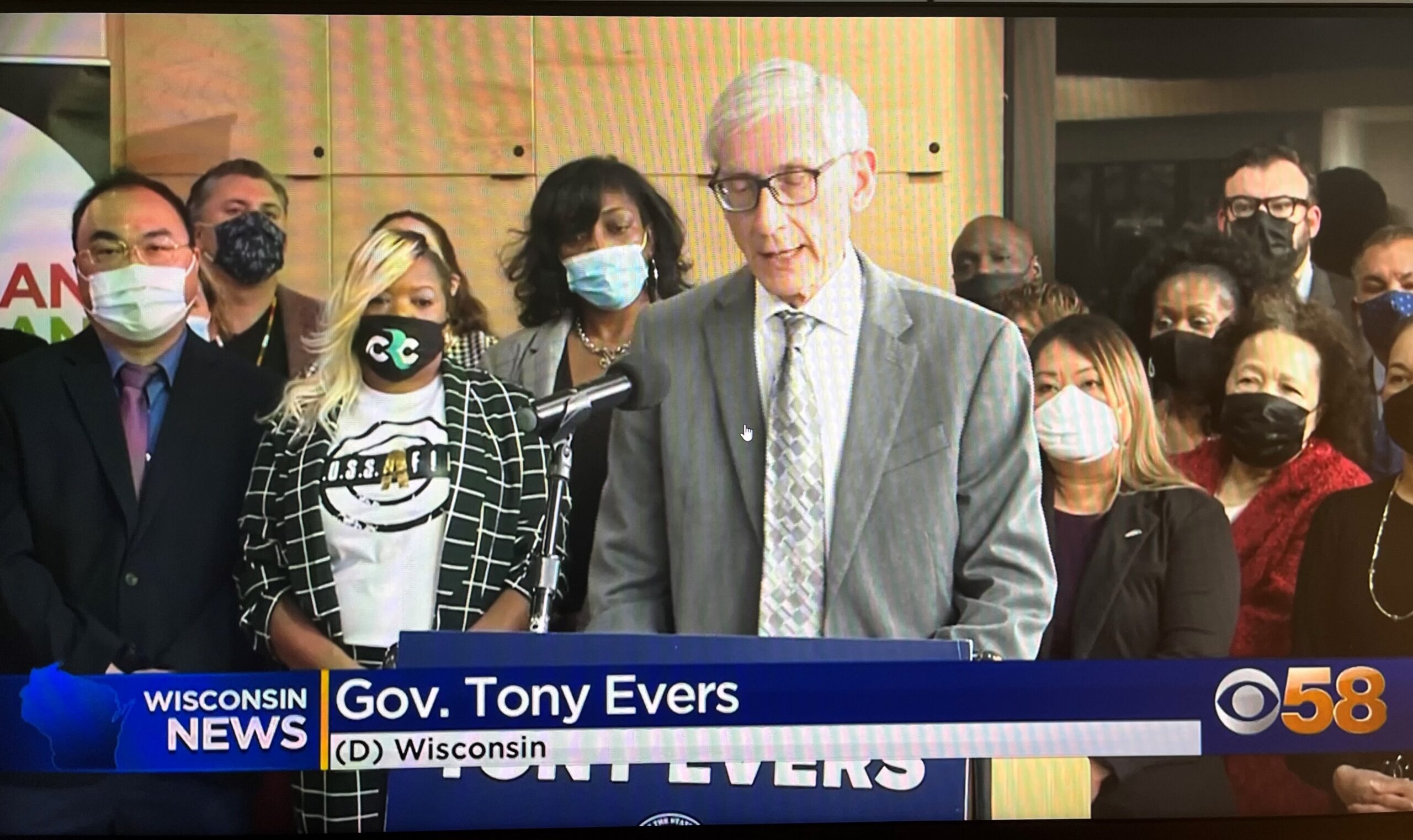Wisconsin business owners expressed mixed reaction Wednesday to Gov. Tony Evers’ emergency order limiting the size of many indoor gatherings statewide, with restaurants in particular saying the consequences could be dire.
Evers announced the order Tuesday, at a time when the state has emerged as one of the worst COVID-19 hot spots in the country. The order restricts gatherings at places like bars, restaurants and shops that are open to the public to 25 percent capacity. The order doesn’t limit outdoor gatherings, where public health officials say the risk of transmitting the coronavirus is lower.
The order also exempts many forms of gatherings, such as those at K-12 schools, churches and campaign rallies. It goes into effect Thursday at 8 a.m. and is set to expire on Nov. 6.
Stay informed on the latest news
Sign up for WPR’s email newsletter.
Lobbying and trade groups representing Wisconsin business owners offered swift pushback Tuesday. In a statement, Wisconsin Manufacturers & Commerce CEO Kurt Bauer was sharply critical of the order.
“Unfortunately, Gov. Evers’ order will cause even more harm to already-suffering businesses while failing to actually slow the spread of COVID-19 in Wisconsin,” Bauer said. “Our state’s employers have been true leaders when it comes to health and safety, and this order will just serve to economically punish them when they can least afford it.”
Bill Smith, Wisconsin state director for the National Federation of Independent Businesses, a lobbying group for small businesses, said in a statement Tuesday that the order will kill jobs and hurt small businesses.
“The governor’s mandate will have a devastating impact on the financial stability of thousands of small businesses,” Smith said. “The overreaching order will not only result in a loss of jobs for those employed by small business but set Wisconsin’s economy backwards. We cannot afford to punish small business right now. Thousands across the state of Wisconsin are in danger of closing. This new order will likely mean many of them will have to close their doors for good.”
‘Nail In Coffins’ For Restaurants, Retailers Expect Little Effect
Omar Shaikh, co-owner of Carnevor steakhouse in Milwaukee, said the order will have dire consequences for the restaurant industry, which has been one of the hardest-hit sectors throughout the pandemic in Wisconsin and nationwide.
“I don’t know how many restaurants are going to make it through if you limit capacity for another month after everything that we’ve been through,” Shaikh said. “It’s going to be the nail in coffins for some restaurants.”
Shaikh said other restaurant owners in Milwaukee are upset by the order.
“When you’re hanging on by a thread and your responsibility is to feed your family and your responsibility is to make sure your staff makes enough money so that they (and their families) can eat, and we’re barely making it at 50 percent (capacity), going down to 25 percent just kills us,” he said.
The order also comes at a time many restaurants will lose their ability to provide outdoor dining as the weather gets colder in Wisconsin.
On Wednesday evening, the Milwaukee Health Department said in a statement it would enforce Milwaukee’s local capacity restrictions, which are 50 percent for many bars and restaurants, although some can operate without capacity limits after submitting and gaining approval for a COVID-19 health and safety plan from the department, according to the Milwaukee Journal Sentinel.
The department told the Journal Sentinel it had reviewed Milwaukee’s current public health order and Evers’ order, and determined that Milwaukee’s was more restrictive, despite allowing a “larger threshold of individuals in certain places” than Evers’ order.
Hawk Sullivan, owner of Hawk’s Bar and Grill in Madison, said the order won’t affect his business much because Dane County already restricts indoor capacity for restaurants to 25 percent.
“(The order) will hurt business, but it will save lives,” Sullivan said in an email Wednesday. “The federal government needs to step up and help or many people will be in very bad shape.”
Some retailers, which will also be restricted under the order, said they don’t expect to see a big effect on their operations.
Joan Johnson, owner of the boutique Sunrise on Main in Green Bay, said there’s often only a few people in her store at once, so she doesn’t imagine Evers’ order will impact her much.
“Typically in a boutique you don’t see throngs of people coming in,” Johnson said, adding that the 10-person capacity limit she has imposed on the store will now be lowered to 6 people in light of growing cases in the Fox Valley region.
Johnson thinks the order is appropriate given the recent spike in COVID-19 cases in the state, but she also recognizes it will be difficult for some businesses.
Angie Kiminski, owner of the women’s consignment boutique Angie’s Closet in Superior, has already been operating at 25 percent capacity, a limit Kiminski said she personally established to keep her customers and staff safe.
“Fortunately it really won’t affect me and the store,” Kiminski said. “I feel bad about the restaurants, our local restaurants, (because) I think it will affect them.”
Wisconsin Public Radio, © Copyright 2025, Board of Regents of the University of Wisconsin System and Wisconsin Educational Communications Board.




